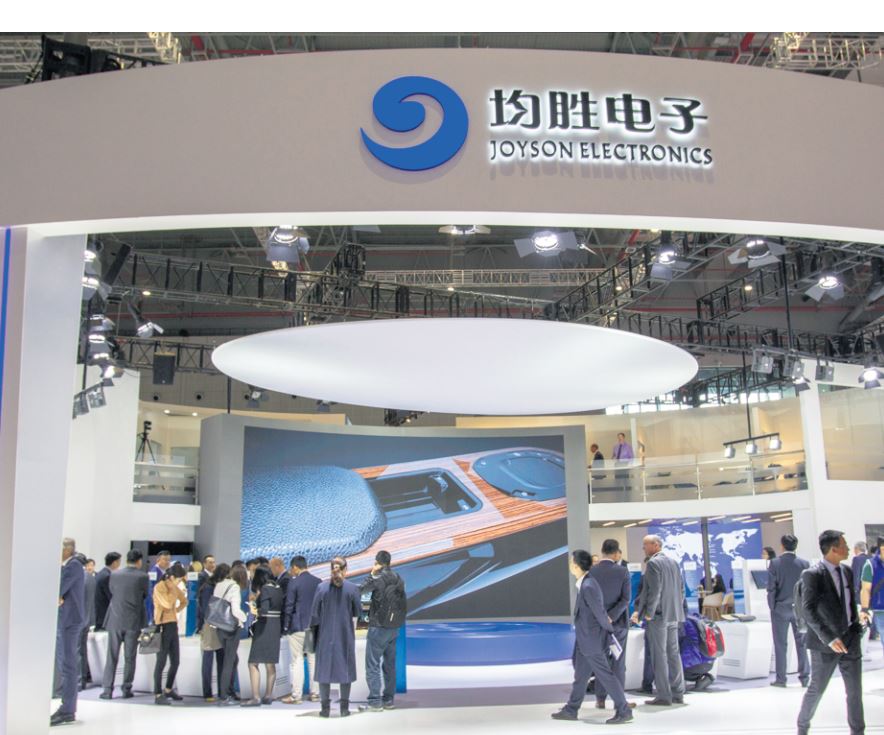Market strife hits car parts manufacturers

Yinyi, Lingyun Industrial among companies to have seen first-quarter gains hit hard
With a raft of Chinese-listed automotive parts companies releasing their first-quarter financial reports, the losses of some reflect the gloomy auto market in the country.
Yinyi, a part of Ningbo Yinyi Group, saw its net profit attributable to the shareholders was 29.86 million yuan ($4.32 million) in the first quarter of this year, a decrease of 93.1 percent year-on-year.
Since last year, the sales slump in the domestic vehicle market is the main factor that cut into its net profit, according to Yinyi.
Car sales had fallen on a monthly basis for 10 months by the end of April and the situation may continue for a while, said the China Association of Automobile Manufacturers.
Yinyi added that its increased cost in expanding its capability is another burden to its profit. It expanded its main business to the research and development, production and sale of automobile parts in 2017.
Lingyun Industrial, an auto parts supplier based in Hebei province, also attributes its drop in profit to the overall depressed automobile market.
The downstream customers of the company - the vehicle makers - have witnessed slow sales growth and an increasingly heavy inventory pressure. This squeezes the profits across the industry chain, according to Lingyun Industrial.
The financial report of Lingyun Industrial showed that the company's net profit attributable to its shareholders was 48 million yuan in the first three months of this year, down 29.05 percent from the same period in 2018.
However, there are some companies going against the trend and seeing increases in profits.
Ningbo Joyson Electronic Crop, a major auto-electronic products manufacturer in Zhejiang province, had a year-over-year growth of 796.77 percent in the first quarter of this year. Their net profit attributable to its shareholders totaled 278 million yuan.
Its leading edge in automotive electronics contributes to the company's growth in profit. Some of its advanced car-mounted electronic devices are to reach volume production, according to securities analysts.
The Chinese new energy vehicle market is isolated from the country's sluggish passenger cars market. Statistics from the China Association of Automobile Manufacturers show that China produced 102,000 new energy vehicles and sold 97,000 new energy cars in April. Year-over-year increases stood at 25 percent and 18.1 percent, respectively.
However, some battery suppliers to new energy vehicle makers suffered decreases in their profits in the first quarter of this year.
Tianqi Lithium, a supplier of the core material for some batteries, reached a net profit attributable to shareholders of 111 million yuan in the first three months this year, a decrease of 83.14 percent year-over-year.
There will be more risks and challenges in the field of new energy power batteries, insiders said. They claim the risks include policy changes in the new energy automobile industry, increasing market competition and fast evolving technology.
The listed companies should pay attention to technology research and development, and improve the performance of their products to maintain their core competitiveness, according to insiders.
"Suffering from diverse challenges and pressure, our automakers and automobile parts companies are accelerating the pace of transformation. They are expected to stand on new heights after surviving the market fluctuation," said Fu Yuwu, head of the Society of Automotive Engineers of China, to the China Automotive News newspaper.

